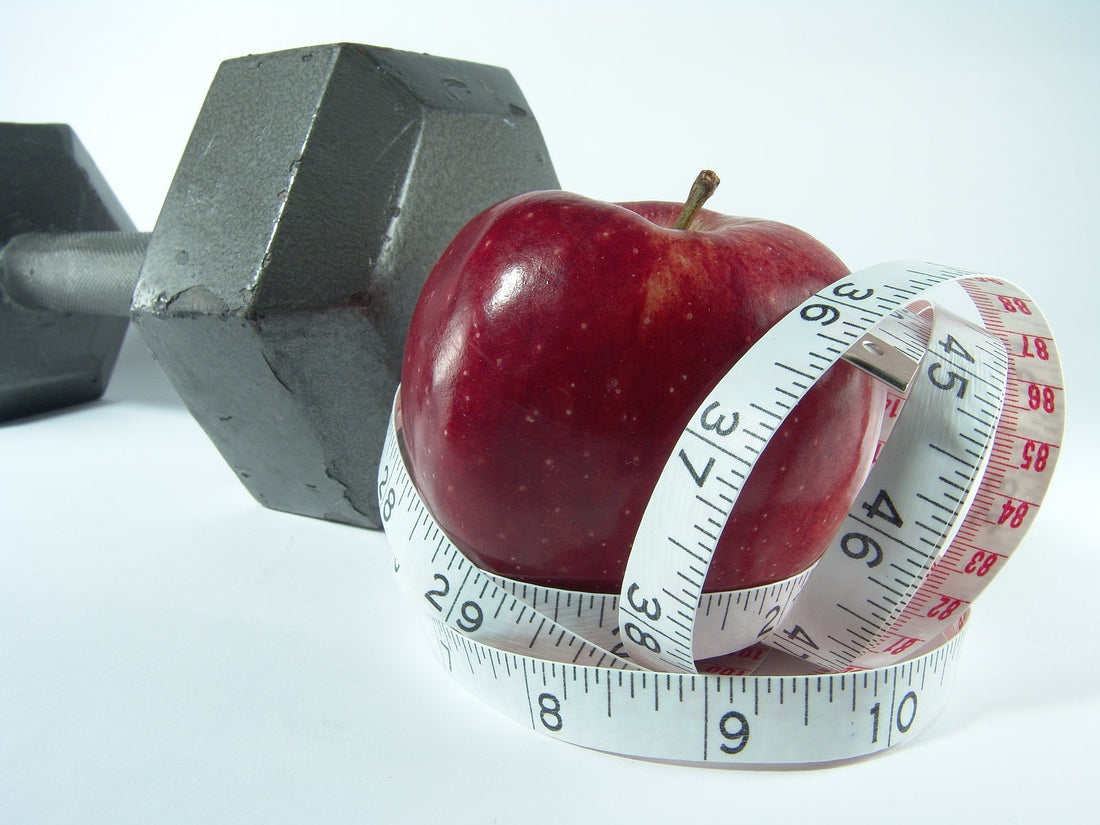You ever wonder why fried foods seem to taste better?
Well, there’s a reason. Fried foods are cooked in such a way that often deepens the flavor, adds texture, and creates a fun eating experience.
But there’s a catch. Eating foods cooked in highly saturated fats oils like canola, and palm oils can contribute to elevated bad cholesterol levels (11). And if you’re one who struggles in that area, that can be a real bummer.
September is National Cholesterol Education Month, and we’re bringing you the information you need about what it is, why it matters, and how to improve your levels.
Ready to dive in.
What Is the Goal of Cholesterol?
If your doctor recently told you that you need to keep your cholesterol levels in check, you might be wondering what that even means.
First, it’s important to understand what cholesterol is. Cholesterol is a fat-like, waxy material that your body uses for different functions. It’s used to help create cell walls and produces hormones like Vitamin D (1). It can often be in your body and in some of the foods you eat.
There are two main types (6) of cholesterol:
- HDL: High density lipoproteins, which are considered “good” because this type can be carried to your liver, where it’s excreted from your body through waste.
- LDL: Low density lipoproteins, which are considered the “bad” kind because this type builds up in your bloodstream, increasing your risk for developing heart and artery diseases.
What Are the New Guidelines for Cholesterol Levels?
If you’re considered high risk, the most up-to-date research recommends that you keep your LDL cholesterol levels below 100 mg/dl (2). This number seems to be the sweet spot for lowering your risk for heart disease complications and death.
If you’re an otherwise healthy adult, keeping cholesterol levels under 200 mg/dl will help you maintain good health.
Ways to Improve Cholesterol
If your recent numbers are higher than ideal, there are things you can do about it.
Medication is one way, but once you’re off medication your levels may quickly return to their previous numbers.
A more sustainable path is to choose a healthy lifestyle change. How quickly can you improve your cholesterol levels, depending on your choice? Pharmaceutical drugs can change levels within 6-8 weeks (7), but long-term success may only come from an overall lifestyle change.
And while it would be nice if you could see improvements within a month, true lifestyle changes may take at least 3 months to see progress.
Here are lifestyle changes you can make today to improve your current cholesterol levels:
- Park further away: Walking is a great low impact exercise that has been shown to help reduce your risk of developing high blood pressure, high cholesterol, and diabetes (8). Parking further away from the store, restaurant or other place can help you get in a few more steps.
- Take a bottle to-go: Drinking more water not only helps you stay hydrated, it can help improve your cholesterol levels as well. In those with potential metabolic syndrome, research shows that drinking hydrogen-rich water helped lower LDL cholesterol levels over the course of 10 weeks (4).
- Laugh more: Chronic stress can cause your body to pump out adrenaline, which is thought to produce triglycerides. This can increase LDL cholesterol. Finding ways to laugh more can counteract this by boosting your immune system and reducing stress (9).
- Eat for heart health: You may have heard that eggs are bad for you because they’re high in cholesterol. While that may be true, those aren’t the foods you need to worry about. Rather, eating high amounts of carbohydrates and unhealthy fats are what raises your cholesterol levels (10). Eating foods that are full of fiber, vitamins, minerals, lean protein and healthy fats will help maintain a positive balance between your good cholesterol levels and your bad ones.
- Don’t forget Vitamin D: Most Americans are deficient in Vitamin D, and studies show that supplementing seems to lower LDL and triglyceride cholesterol levels (3).
- Consider Intermittent Fasting: Going extended periods without eating might seem like torture, but it actually provides a lot of health benefits, such as lowering LDL cholesterol. It can also regulate blood sugar, which can help you lose weight and avoid diabetes, an important risk factor in heart disease (5).
Summary
Cholesterol is a naturally occurring substance that your body makes. It also comes from outside sources.
HDL is the good type that can be processed by your body, but LDL is the bad type that builds up in your blood. If left unchecked, you’re more likely to experience heart-related health issues like stroke, heart attacks, and more.
As you age, it’s important to get regular checkups to make sure your cholesterol levels stay within a healthy range. If your levels are above 200mg/dl, certain changes can make all the difference.
Walking more, eating a wide variety of colorful foods, staying hydrated, intermittent fasting, and keeping stress levels down by laughing can all help balance your cholesterol levels – allowing you to live an optimal life.
Know someone with cholesterol problems who needs a nudge in the right direction? Share this article with them today!
References & Disclaimers
1. https://www.ncbi.nlm.nih.gov/pmc/articles/PMC6682969/
2. https://www.hopkinsmedicine.org/health/treatment-tests-and-therapies/lipid-panel
3. https://pubmed.ncbi.nlm.nih.gov/31407792/
4. https://www.ncbi.nlm.nih.gov/pmc/articles/PMC3679390/
6. https://www.health.harvard.edu/blog/understanding-cholesterol-hdl-vs-ldl-2018041213608
7. https://www.medicalnewstoday.com/articles/how-to-reduce-cholesterol-in-30-days#reducing-cholesterol
8. https://www.ncbi.nlm.nih.gov/pmc/articles/PMC4067492/
9. https://digitalcommons.wku.edu/cgi/viewcontent.cgi?article=1008&context=nurs_fac_pub
10. https://www.ncbi.nlm.nih.gov/pmc/articles/PMC6024687/
✝✝This noted statement is based on independent research and is not necessarily the opinion of the author
